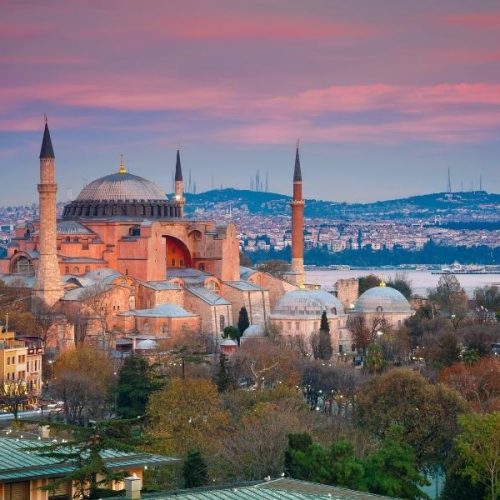Istanbul: A City of History and Culture
Unveiling Istanbul: A Journey Through Time and Culture
Introduction Istanbul, a city of contrasts and history, has a unique allure that has enchanted travelers for centuries. What is it about Istanbul that captivates us? Is it the legacy of empires past? Or the fusion of cultures? Let’s dive into the world of Istanbul and explore its many wonders.
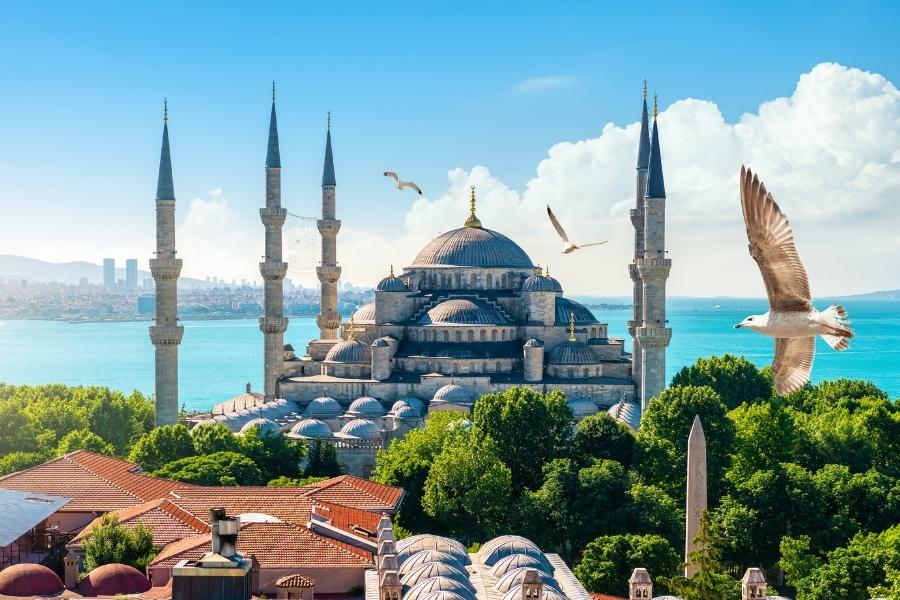
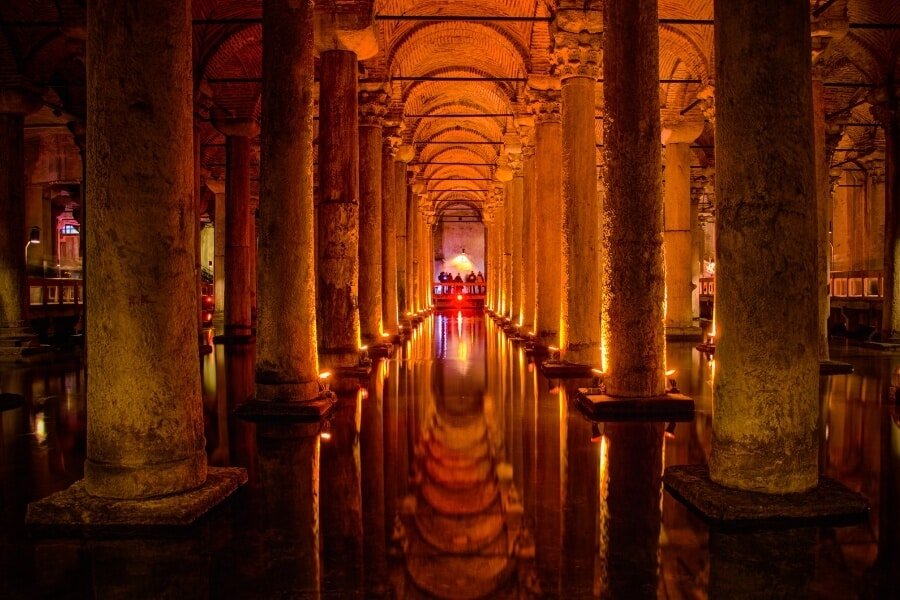
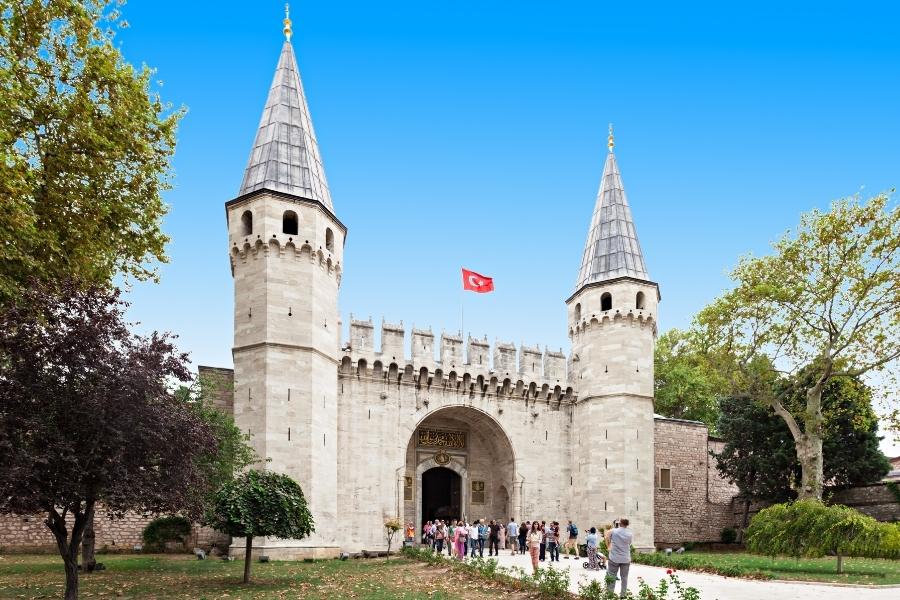
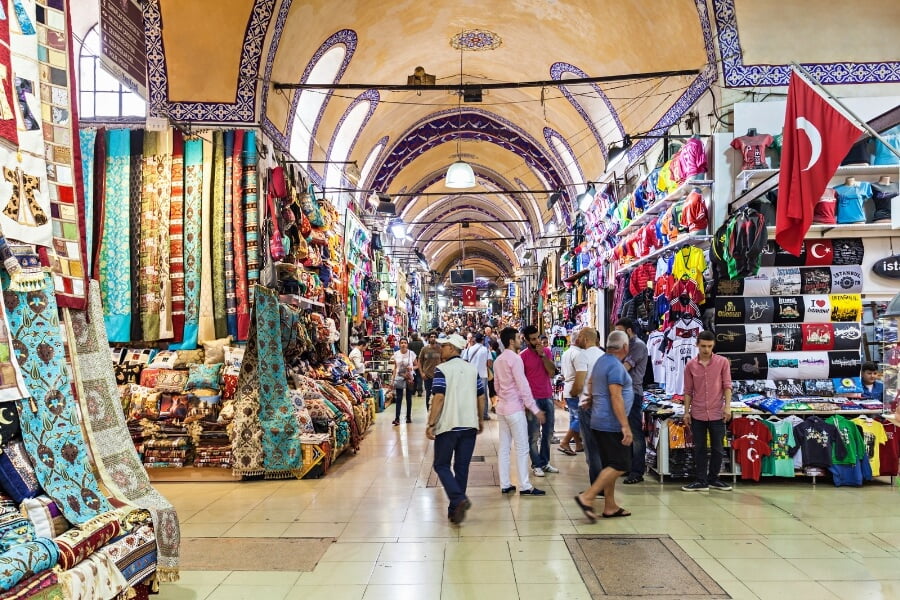
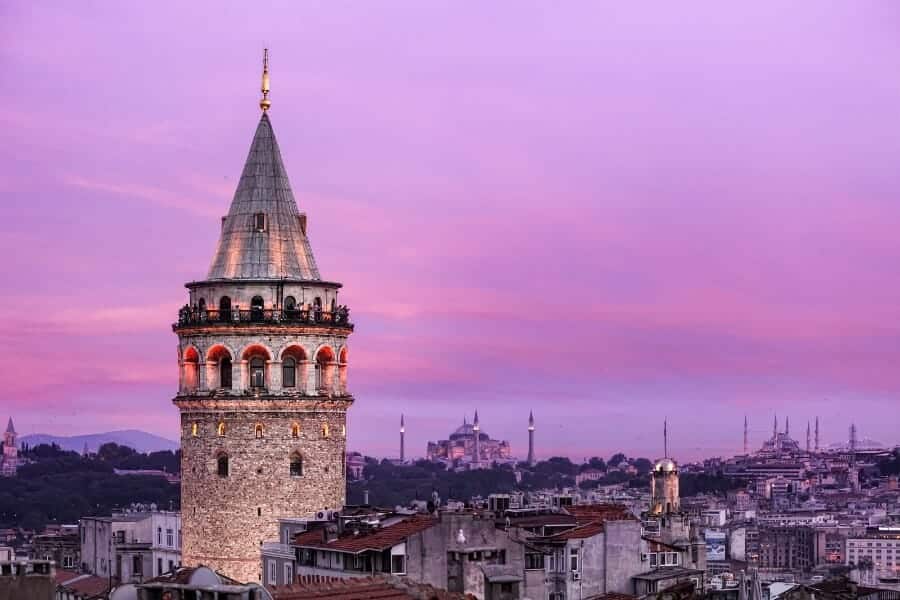
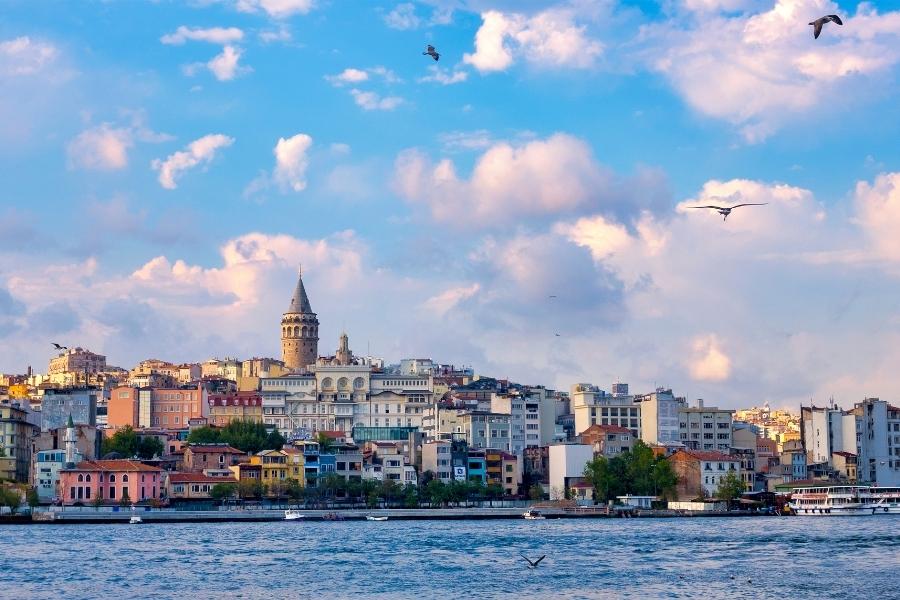
I. The Tale of Two Continents: Istanbul’s Unique Geography
Straddling Europe and Asia
Istanbul’s unique geography is a testament to its historical significance and rich cultural heritage. How so? The city spans two continents – Europe and Asia, separated by the shimmering Bosphorus Strait. This unique location has shaped Istanbul’s history and continues to impact its present.
The Bosphorus: Istanbul’s Lifeline
The Bosphorus Strait is not just a geographical marvel. This waterway has been a lifeline for Istanbul, influencing its culture, economy, and strategic importance. Its shores are adorned with grand palaces, ancient fortresses, and scenic landscapes, contributing to Istanbul’s irresistible charm.
II. Istanbul: A Historical Tapestry
Byzantium to Constantinople to Istanbul
Istanbul’s history is a tale of empires and transformation. Founded as Byzantium in the 7th century BC, it later became Constantinople, the capital of the Eastern Roman Empire, and finally transformed into Istanbul, the vibrant metropolis we know today. This historical tapestry has left a rich legacy in its wake.
Legacy of the Byzantine and Ottoman Empires
Both the Byzantine and Ottoman Empires left indelible marks on Istanbul. They shaped the city’s architecture, culture, and demographics, giving Istanbul its distinctive character. Among these legacies, the Hagia Sophia and Topkapi Palace are iconic symbols of Istanbul’s historical depth.
III. Istanbul: Cultural Melting Pot
Fusion of East and West
The cultural life in Istanbul is a mesmerizing blend of eastern and western influences. From its cuisine to its art and music, Istanbul proudly embraces its diverse heritage. What’s the outcome? A city that never ceases to surprise and delight its visitors.
The Spirit of Istanbul
The spirit of Istanbul is reflected in its bustling bazaars, towering minarets, winding streets, and the warmth of its people. The city’s energy is palpable, pulsating in the rhythm of the call to prayer, the hustle of the Grand Bazaar, and the festive air of its many celebrations.
IV. Istanbul’s Cuisines: A Feast for the Senses
From Mezes to Baklava
Istanbul’s cuisine is as diverse as its heritage. The city offers a culinary journey from the traditional mezes and kebabs to the sweet delight of baklava. Every meal in Istanbul is a celebration of flavors, revealing the city’s culinary prowess.
Tea and Turkish Coffee: Istanbul’s Liquid Gold
Tea and Turkish coffee are more than just beverages in Istanbul. They are symbols of hospitality, integral to the city’s social fabric. From the teahouses of the Grand Bazaar to the modern cafés, the tradition of tea and coffee drinking holds a special place in Istanbul.
Grand Bazaar to the aromatic Spice Market
Istanbul’s Grand Bazaar is one of the largest and oldest covered markets in the world, offering an array of goods from fine jewelry to handmade carpets. Not far away, the Spice Market brims with fragrant spices, dried fruits, and a rainbow of Turkish delights. These are experiences that you simply cannot miss in Istanbul.
The Serenity of the Blue Mosque and Hagia Sophia
The Sultan Ahmed Mosque, known as the Blue Mosque, and the Hagia Sophia are architectural wonders that symbolize Istanbul’s rich history. They offer a serene space for reflection and a chance to admire the city’s artistic legacy.
VI. Modern Istanbul: The Rising Star
The Contemporary Side of Istanbul
Istanbul is not just about history. The city has a thriving contemporary culture. Its modern art scene, cutting-edge fashion, and dynamic nightlife are proof that Istanbul is continually evolving and adapting.
Istanbul’s Booming Business Scene
Istanbul is emerging as a key player in the global economy, with a booming business scene. It offers numerous opportunities for investors and entrepreneurs, showcasing the city’s potential for growth and innovation.
Top Experiences & Tours in Istanbul
- Hagia Sophia Tour: Unravel the layers of history in this architectural masterpiece, once a church, then a mosque, and now a mesmerizing museum.
- Bosphorus Cruise: Experience the golden hues of sunset over Istanbul’s skyline from the enchanting waters of the Bosphorus.
- Turkish Culinary Tour: Delve into the flavors of Turkish cuisine, from sizzling kebabs to sweet baklava, in a guided food tour through the city’s culinary hotspots.
- Sufi Whirling Dervish Ceremony: Witness the mystical dance of the Sufi dervishes, an entrancing spiritual ritual that is a UNESCO Intangible Heritage.
- Grand Bazaar Shopping Spree: Navigate the labyrinth of the Grand Bazaar, a treasure trove of handmade carpets, intricate jewelry, and aromatic spices.
The Spirit of Istanbul: A Melting Pot of Eras
Istanbul’s allure lies not just in its monumental landmarks but in the pulse of its streets and the warmth of its people. It’s a city where every corner holds a story, every aroma carries a thousand tales, and every sunset brings a promise of a new discovery. As the day fades into the golden hues of twilight over the minarets and domes, the city whispers tales of emperors and artists, conquerors and craftsmen, all woven into the fabric of this mesmerizing metropolis. In Istanbul, history doesn’t just reside in its past; it pulsates through the city’s vibrant present, inviting every traveler to be a part of its unfolding story.
Frequently Asked Questions (FAQs)
1. What is Istanbul best known for?
Istanbul is best known for its unique geography straddling Europe and Asia, its historical sites like the Hagia Sophia and Blue Mosque, its vibrant bazaars, and its delicious cuisine.
2. Is Istanbul safe for tourists?
Yes, Istanbul is generally safe for tourists. Like any large city, it’s always important to be aware of your surroundings and take the usual travel precautions.
3. What is the best time to visit Istanbul?
The best time to visit Istanbul is during spring (April to June) and autumn (September to November) when the weather is pleasant and the city is less crowded.
4. What are the must-try dishes in Istanbul?
Don’t miss out on trying the kebabs, mezes, baklava, and Turkish tea and coffee when in Istanbul.
5. What languages are spoken in Istanbul?
The official language is Turkish. However, English is widely spoken in tourist areas, hotels, and restaurants.
6. What is the currency used in Istanbul?
The currency used in Istanbul is the Turkish Lira.


